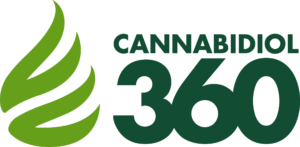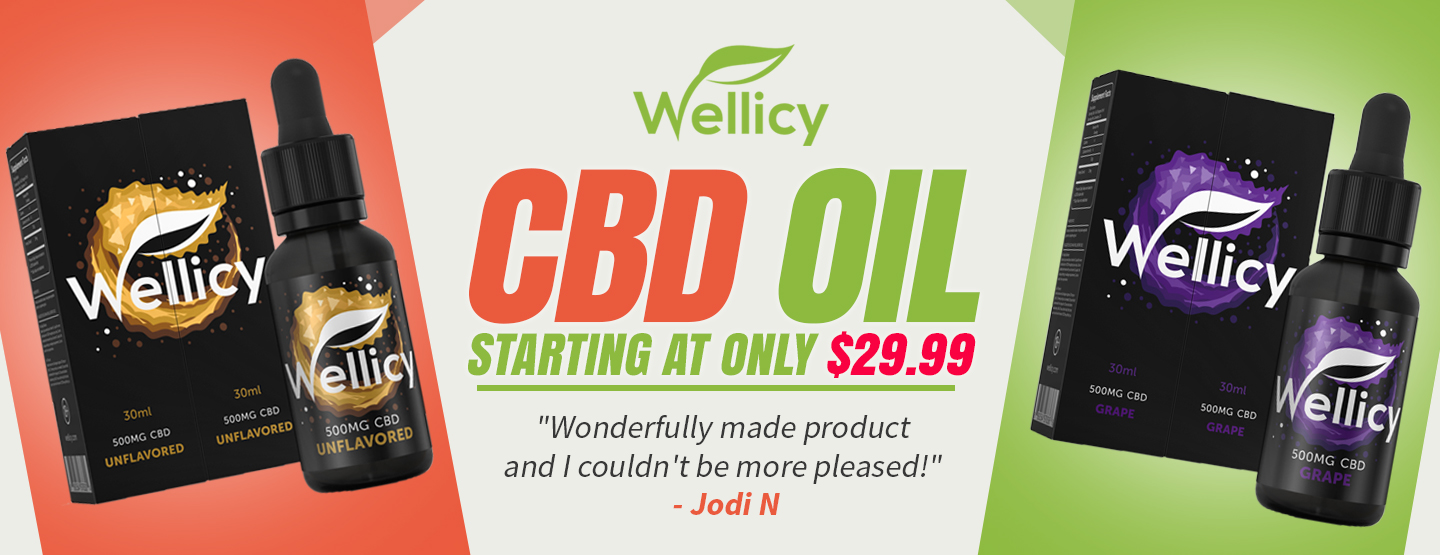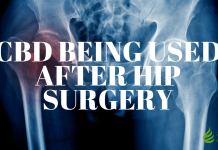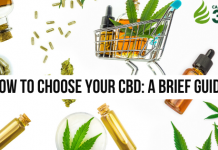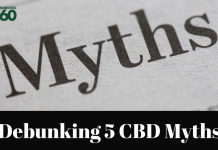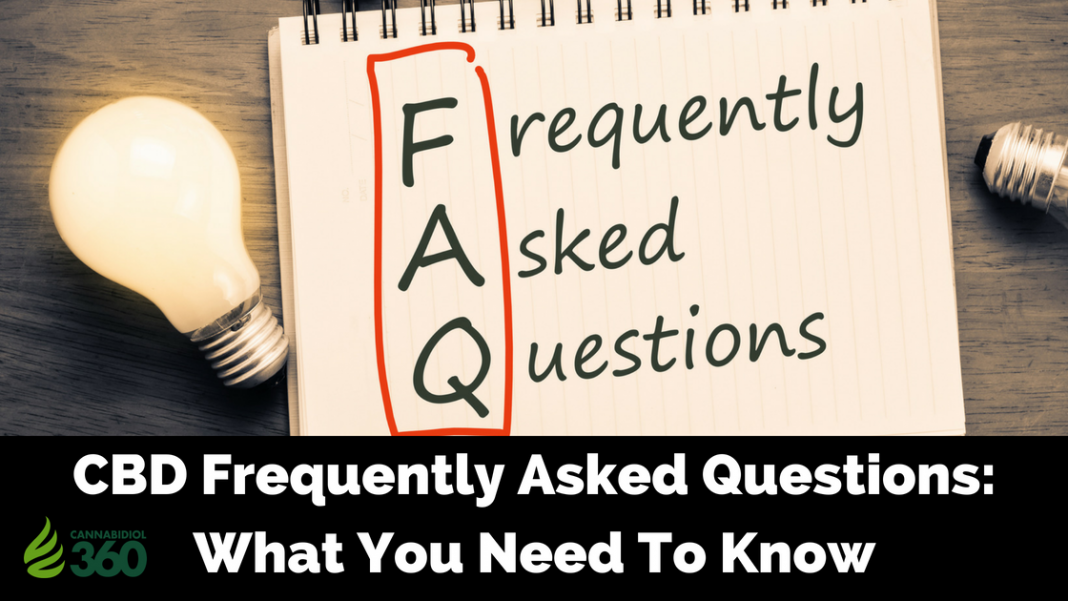
When you begin to look into the varying effects and overall benefits of cannabidiol (CBD) oil, you are faced with an infinite amount of information. Which is good, but to the inexperienced all of that CBD info can quickly become overwhelming and leave you questioning.
Which is why today I wanted to go over the most frequently asked questions about CBD and answer them for you! If you are a CBD beginner or are looking to learn more about cannabidiol oil, this article is for you!
The Most Frequently Asked Questions About CBD
1) How Does CBD Work?
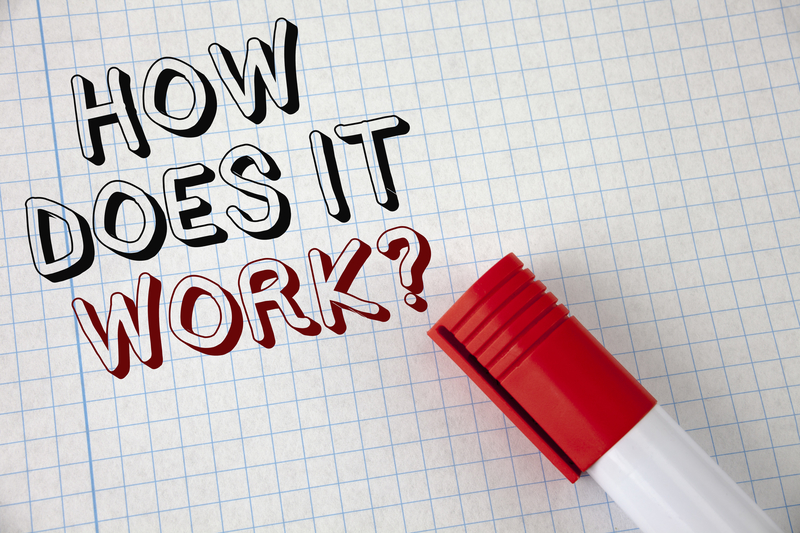
Unlike THC, CBD does not affect the endocannabinoid receptors directly. Rather, it affects the sideline elements which cause changes in these receptors.
This is why CBD can either encourage or inhibit a particular process. It looks to maintain homeostasis and will induce whichever of the two reactions to affect.
The endocannabinoid system is not just about CB1 and CB2.
There are also other receptors to consider, and CBD can interact with all these other receptors. Unlike other cannabinoids, the work and action of CBD is more wide spread.
It is more inclusive of the nuances of the endocannabinoid system.
2) What is the Endocannabinoid System?
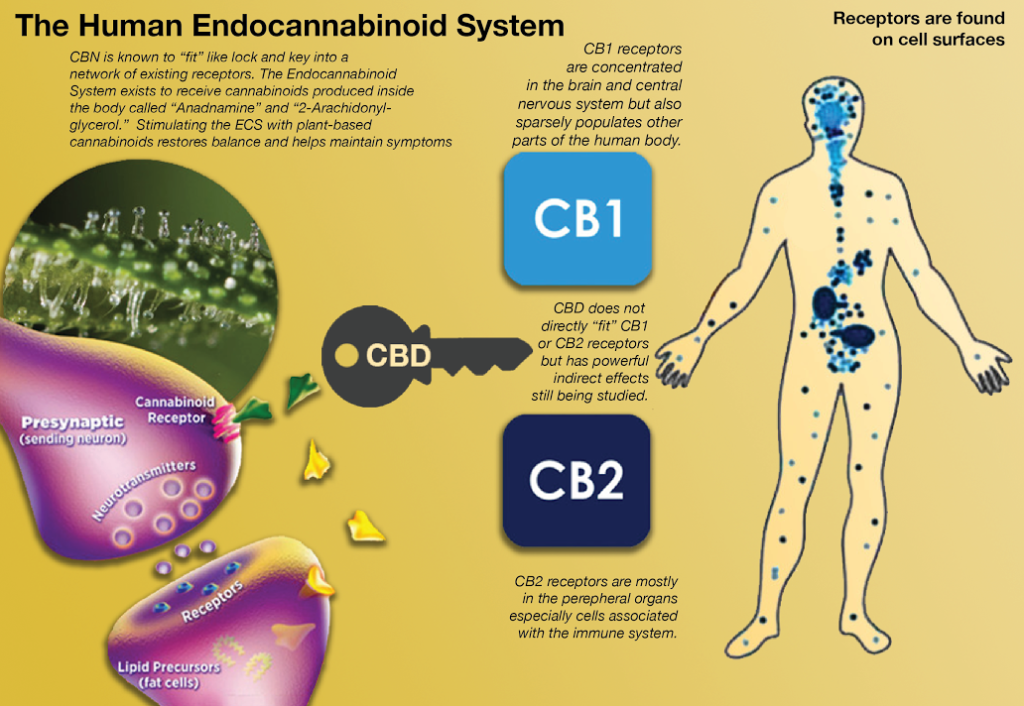
This is a biological system consisting of endocannabinoids. These are neurotransmitters, which bind to cannabinoid receptors.
This system is spread into the farthest and deepest crevices of your anatomy. It is therefore involved in most (if not all) physiological processes.
It makes for an efficient avenue through which therapeutic efforts can be passed.
Most illnesses and physiological issues arise when this system is knocked off balance.
Phytocannabinoids bind to these receptors in one way or another thus increasing the efficacy of the endocannabinoids and system at large.
3) CBD Does Not Have Psychoactive Effects. Why?
THC binds perfectly with the cannabinoid type 1 receptor. CBD does not. This is where the difference in psychoactivity effects arise.
The cannabinoid type 1 receptors are prominent in the central nervous system but can also be found in some peripheral organs.
These cannabinoids are paramount in the reward reaction. The reward reaction is a situation whereby euphoria is experienced upon consumption of a particular element.
It affects the production of anandamide, which is otherwise known as the bliss pill.
4) What is The Appropriate Dosage of CBD?
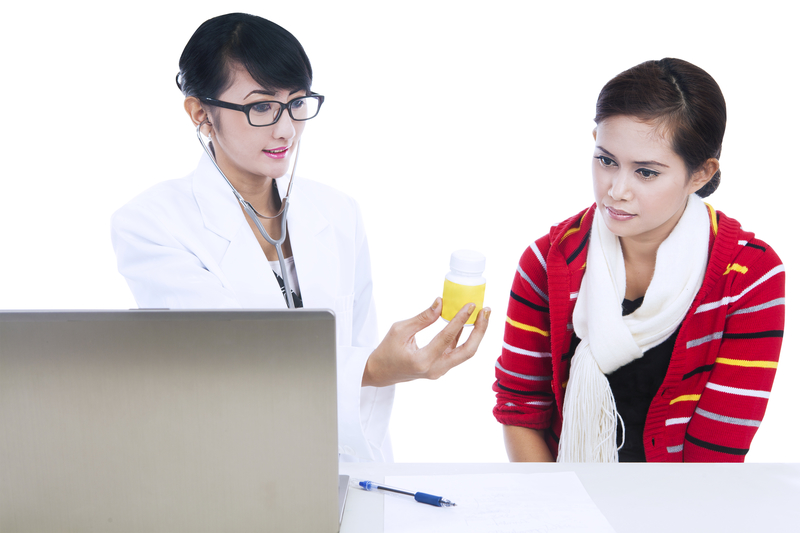
There really is no standard dosage for CBD. There are however factors to take into consideration when deciding on a dosage.
Generally, you are supposed to start at the lowest possible dosage. From there adjust upwards until effects are felt.
In addition to this trial and error method, there are dosage calculators on the internet. These online calculators consider weight and concentration of the product.
The same calculators can be used to determine how much CBD to use when making edibles at home.
Stepping away from these for a minute, you should think about your tolerance level.
Have you used marijuana before? In this case, you are better equipped to determine exactly how much potency you require and would realize the signs that you have overdone it.
You should also consider the product you are using. Different consumption methods offer different levels of bioavailability and will therefore vary in dosage requirements.
All in all, there are no known fatalities from overdosing on CBD. It is well tolerated even in extremely high doses.
There was actually a study conducted to reiterate this point. Do not be afraid to push it a little to get the desired effects.
But then again, do not go overboard. Use just enough to find your sweet spot.
5) Does CBD Have Side Effects?
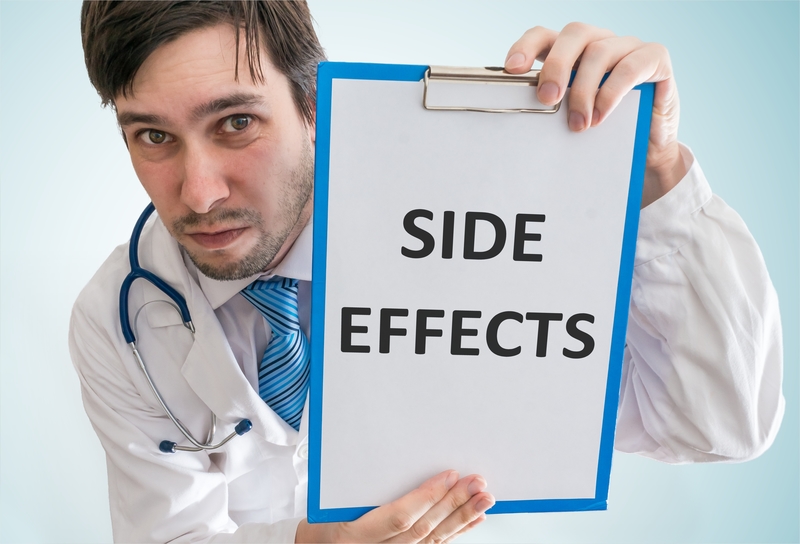
Studies have shown that CBD can be used in doses of up to 1500 mg daily for four weeks safely.
A spray was also administered at 2.5 mg daily for two weeks. Both scenarios provided no adverse effects. However, you should be on the lookout for possible signs that you have overdone it.
One of those signs is dry or cotton mouth. This is a common side effect of marijuana in general and would be noted by one who is a frequent user.
Another is low blood pressure. Low blood pressure is denoted by lightheadedness and some drowsiness.
Note that you would have to go extremely high on the dosage to experience these signs. Even then, the signs might be mild.
Just be on the lookout especially if you are trying to develop a baseline.
6) How Does CBD Interact with Medication?
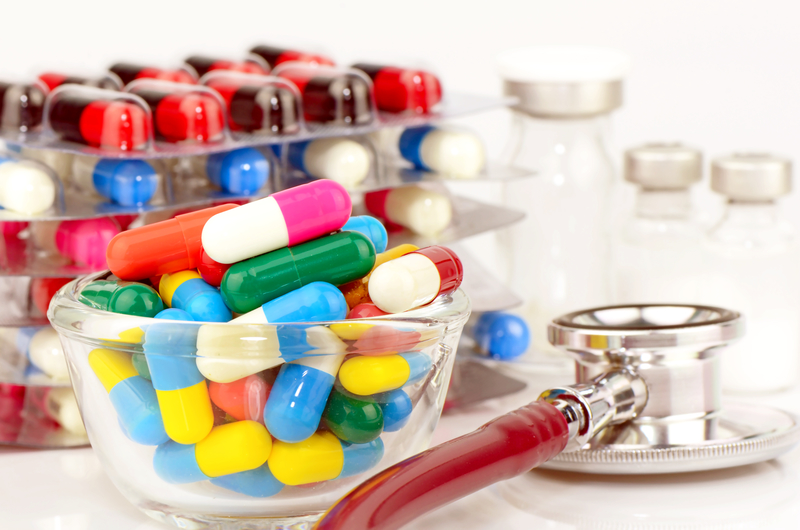
Medications are metabolized by an element called cytochrome P450.
CBD can interact with this enzyme to reduce or increase the effect of the drugs. In the latter situation, you would need to adjust down the dosage of the medication.
In the former, the drug could become resistant. Neither of these situations is a definite positive or negative.
The key is to let your physician know that you are using CBD with the medication.
In most cases, CBD makes for a good adjunctive and your physician might just welcome the idea. That would however require an adjustment in dosage or use of a different drug.
7) Will CBD Show Up On a Drug Test?
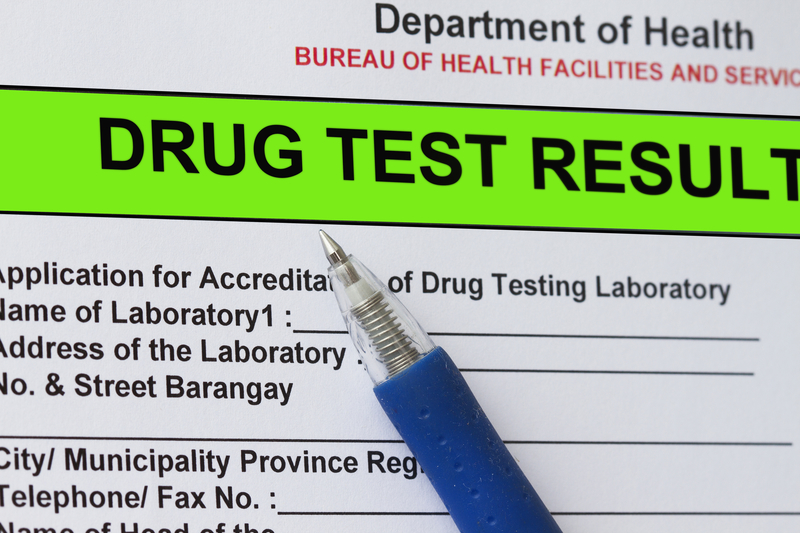
First, toxicology screens usually look for THC. This is the first point. Most CBD products have very small traces of THC, which would not be detected.
Hemp derived CBD products that contain trace amounts of THC (0.03% or less) are known as full spectrum products, if you want to avoid even trace amounts, you should stick with CBD isolate products.
The only way you would get a positive marijuana result is if you consumed copious amounts of CBD.
We are talking 1000 to 2000 mg of CBD in one day. This is a lot considering most dosage requirements are in the tens and low hundreds.
Even then, the result would be a false positive. Under a Gas Chromatography/Mass Spectrometry test, there would be a negative result on marijuana.
Now, if you use cannabis derived CBD that is combined with THC (ex. 1:1 ratio), then the THC would show up on a drug test. But using hemp derived CBD products, your drug test results would be a negative.
8) How is CBD Extracted?
CBD is a natural and healthy remedy. However, to be used for medication purposes it has to be extracted from either the cannabis or hemp plant itself.
The safest method is called CO2 extraction. This method is very expensive, but also provides the purest form of CBD possible.
Other methods in the field leave behind toxic sediments, which will surely harm your health. You must be careful not to get a poorly extracted CBD product.
It would do more harm than good.
9) What is The Difference Between CBD Rich & CBD Dominant Strains?
Most CBD rich strains have an equal ratio of CBD to THC. Others only have a slight dominance of CBD. Maybe about 4% difference in the amount of each cannabinoid.
A CBD dominant strain on the other hand will have very little almost insignificant traces of THC.
A CBD rich strain can also be CBD dominant. The two words are used interchangeably in some forums but that slight difference can mean a lot.
Depending on the intended use, you should decide whether you need a CBD rich or CBD dominant strain.
Usually for extraction, you should go for the CBD dominant. This will give a better purer CBD product than if one used the CBD rich strain.
10) Can a Plant Be Manipulated to Increase CBD Content?
The content of a plant is determined by the genealogy. You cannot get a THC dominant strain and expect to get a CBD dominant result in the end.
However, the percentage of each cannabinoid can be manipulated.
By tweaking conditions like temperature and even checking on harvesting time, you can maximize the degree and purity of CBD that you will get out of a strain.
Growing cannabis plants is more or less the same regardless of the cannabinoid expected, unless you decide to tweak said conditions to get the highest level of cannabinoid possible.
Bottom line is, to get a CBD dominant strain you must start with seeds of a CBD dominant strain.
11) What Are The Benefits of Mixing CBD and THC?

It is almost impossible to have a completely pure CBD product without a dash of THC and other cannabinoids thrown in.
This is unless one extracts their CBD from hemp.
Having those other cannabinoids is not a bad thing as it allows room for the entourage effect to take root. The entourage effect enhances the strengths of individual cannabinoids making for a more potent collective action.
Sometimes, including other cannabinoids may be intentional. The ratio of the content will depend on the purpose of use.
In some cases, having a 1:1 ratio has its benefits while other times there is need to have a CBD rich or dominant product.
The argument against having a little bit of THC in the CBD is that THC is a psychoactive element.
However, studies have shown that CBD can counteract these psychoactive effects. It can help THC deliver the benefits without inducing a high or causing a sliver of neurodegeneration.
12) Can CBD Products Be Bought Online?
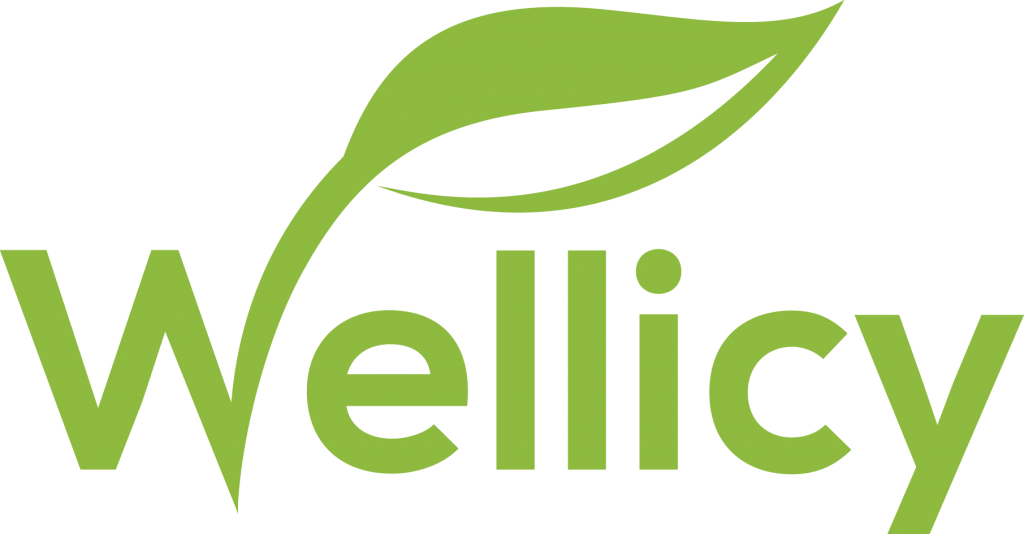
Recently, Target had marijuana CBD selling on their e-commerce platform. However, the shelves did not last very long on the site. They were pulled out.
CBD products can be bought online but only if they are hemp based. Hemp is legal in all US states. Hemp derived CBD oil is not inferior, there is only a difference in potency thus requiring more plant matter to produce equivalent potency.
The marijuana legality conversation is still a minefield.
13) Do You Need a Med Card to Get CBD?
Yes and no. In states that have legalized marijuana for medicinal use, a card is necessary to get cannabis derived CBD products.
These states boast great quality marijuana CBD products. It is however, illegal to bring those great CBD products across state lines into illegalized areas.
If you live in a state that does not have legal cannabis, you can still gain access to equally effective hemp derived CBD products. Which can be legally purchased and sold in the United States.
14) How Can You participate in CBD Research?
Anyone can be a part of the CBD research efforts. There is always a need for more and more anecdotal evidence of the efficacy and benefits of CBD.
You can find platforms to fill in your findings online. Project CBD would also be a good place for direction to participate in trials and studies.
15) What’s the Difference Between Cannabis Derived CBD and Hemp Derived CBD?
This is an extremely common questions, especially among newbies. Simply put, CBD can be derived from either the cannabis or the hemp plant. No matter the source, CBD is CBD.
However, hemp derived CBD contains less potency than that of cannabis derived cannabidiol. This just means that more plant matter is required in order to reach the desired potency.
In order for CBD to be classified as hemp derived, according to the Farm Bill of 2014, it must contain no more than 0.3% of THC.
So if you live in a state that does not have legal or recreational cannabis laws, then you will have to stick with hemp derived CBD products that can be found online from retailers like Wellicy.com.
Final Thoughts
I hope after reading this list of the most frequently asked questions about CBD, many or all of your CBD related questions have been answered. You should now have the knowledge to go out and make an educated purchase of CBD products.
Do you still have a question about CBD that we missed? Let me know in the comments section below and I will answer them for you and update this post with them!
